

15 August 2023
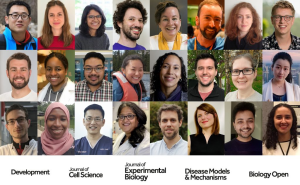
The Company of Biologists supports early-career researchers (ECRs) in several ways across all five of our journals and three community sites. First Person interviews help primary authors to showcase their recently published articles, helping ECRs boost engagement and exposure of their work. A Year at the Forefront Reviews provide ECRs with an early opportunity to publish a review for free, helping them to boost their career prospects. Grants such as Travelling Fellowships enable ECRs to visit different labs around the world which specialise in many niche areas of scientific research.
2 August 2023
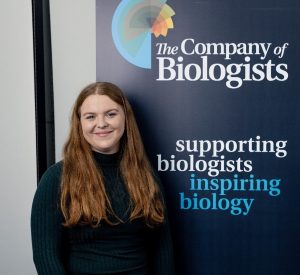
Erin Brown recounts her recent internship experience with The Company of Biologists.
“I have been fortunate to have undertaken my Professional Internships for PhD Students (PIPS) at The Company of Biologists. The decision to choose an internship within publishing was driven by a curiosity to understand a different perspective of the academic process. From the application process to my arrival in Cambridge, I felt supported and excited with how my 12-week experience outside the lab would go.
24 July 2023
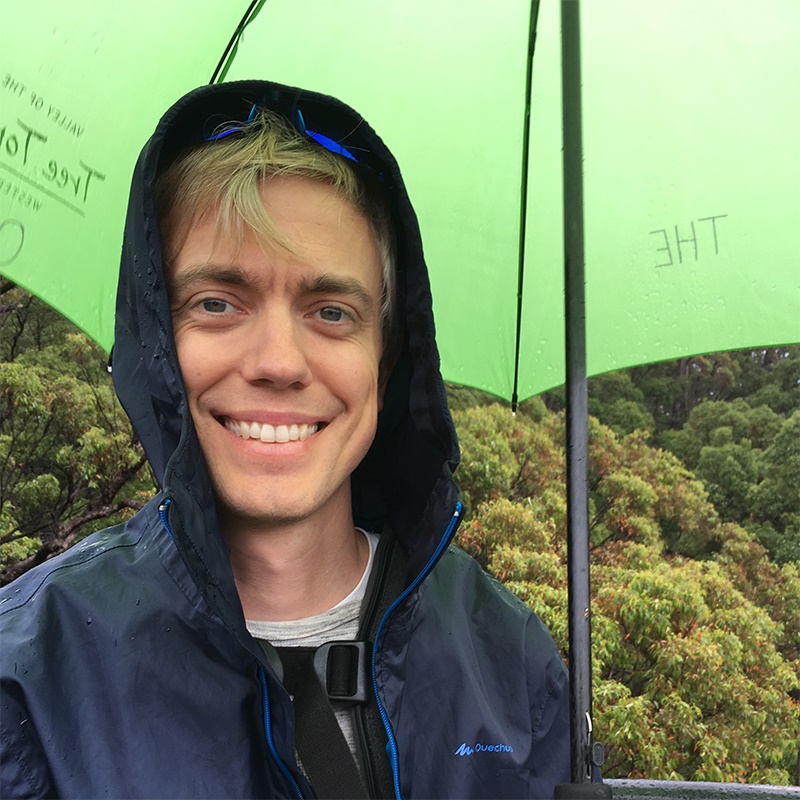
The Forest of Biologists was launched on 13 March 2023. We recently caught up with Steven Kelly, Professor of Plant Sciences at the University of Oxford and former Editor-in-Chief of Biology Open, who planted the seed for this project several years ago. …
12 June 2023
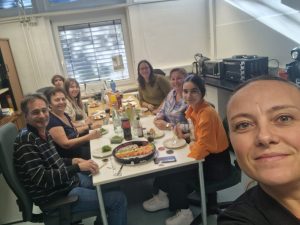 Asymmetries in size between the left and right sides of the central nervous system are often associated with asymmetries in neuronal organisation. Current literature suggests that variations in the activities of genetic pathways underlie these asymmetries, which in turn may cause variation of behavioural traits.
Asymmetries in size between the left and right sides of the central nervous system are often associated with asymmetries in neuronal organisation. Current literature suggests that variations in the activities of genetic pathways underlie these asymmetries, which in turn may cause variation of behavioural traits.
25 April 2023
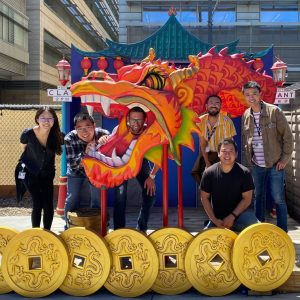
Multiple sclerosis (MS) is a central nervous system demyelinating disease with heterogeneous clinical manifestations. Most MS patients start with reversible neurological deficits, which is the relapsing-remitting MS (RRMS) subtype that could be controlled by disease-modifying therapies and anti-CD20 therapeutics.
10 August 2023
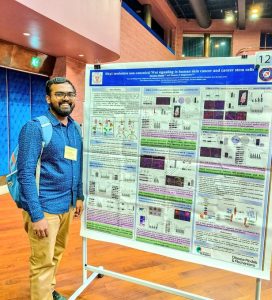
Darshan Mehta is a PhD student studying the mechanisms behind skin cancer at the Tata Memorial Centre Kharghar, Navi Mumbai, India. He took the opportunity to use a Conference Travel Grant from Disease Models & Mechanisms to travel to the 2023 Gordon Research Conference (GRC) on Stem Cells and Cancer – a meeting intended to explore cutting-edge research in the field of cell biology and cancer.
24 July 2023
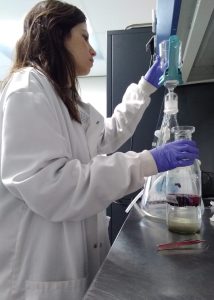
Plastic leachates are chemicals that migrate from plastics to the surrounding aquatic environment composed by mixtures of additives. These chemicals form a solution of organic and inorganic pollutants which represent a serious problem to the environment, as they can induce toxicity in both diatom and copepod populations at the base of the food chain. Rocío Soledad Pazos, a postdoc from National University of La Plata, used a Travelling Fellowship from Journal of Experimental Biology to visit the Flanders Marine Institute (VLIZ) in Ostend, Belgium – here she was able to investigate the impact of leachates on the environment.
29 June 2023
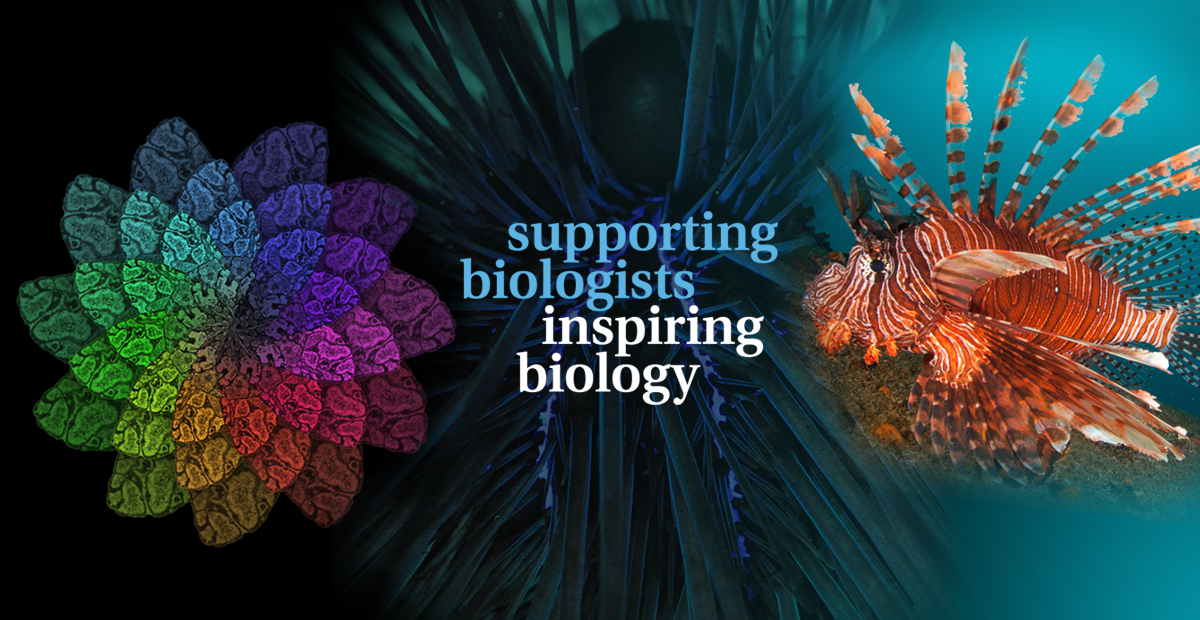
The Company of Biologists has launched a new server on Mastodon: biologists.social. It is a space for biologists to discuss science, research, teaching, life and more. …
16 May 2023
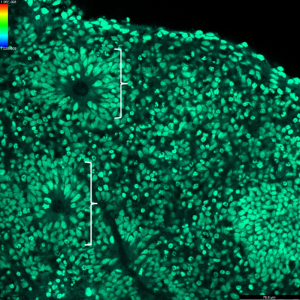
Neurodevelopmental disorders (NDDs) represent a growing challenge in modern medicine and may give rise to impaired cognition, communication, and psychomotor skills. It is therefore very important that more sophisticated in vitro models are created to reveal the complexities of these disorders.
3 March 2023
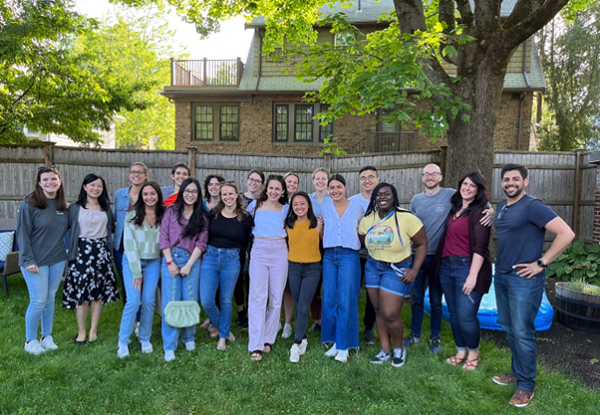
The transmembrane potential (Vmem) is the difference in electrical potential across a cell membrane, acute changes in Vmem can result in multiple differences in cellular signalling pathways and cell processes such as differentiation, proliferation and cell:cell communication.
You must be logged in to post a comment.